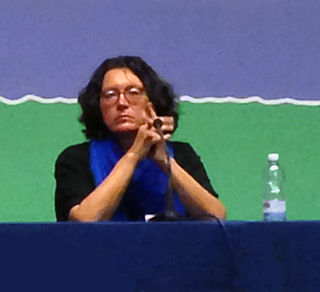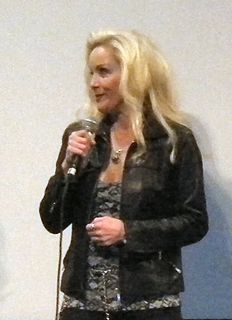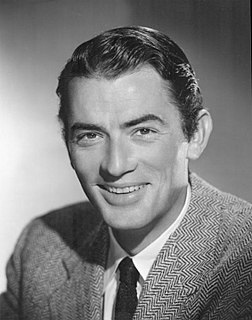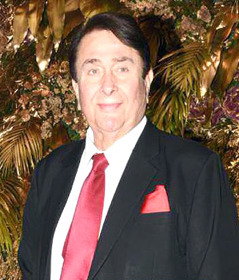A Quote by LZ Granderson
I don't claim to know everything about parenting, but I do know parents do their children a disservice by constantly sugarcoating their shortcomings to protect their feelings.
Quote Topics
Related Quotes
Love involves more than just feelings. It is also a way of behaving. When Sandy said, "My parents don't know how to love me," she was saying that they don't know how to behave in loving ways. If you were to ask Sandy's parents, or almost any other toxic parents, if they love their children, most of them would answer emphatically that they do. Yet, sadly, most of their children have always felt unloved. What toxic parents call "love" rarely translates into nourishing, comforting behavior.
The first idea of Captain Fantastic was a pretty radically different one. The genesis had to do with parenting and questions about parenthood and fatherhood specifically. I have two kids and I was grappling with what my values were and what I wanted to pass to my children. So I was positing different kinds of parents and different ways of parenting. I played with various ideas - very permissive parenting, very restrictive parenting and then I came up with the character of Viggo Mortensen, and much of it was aspirational, some of it was autobiographical.
I really put the fear of God into my son, because children are such sponges. The earlier you teach them the law of the land, the easier they'll accept it as an adult. I think parents who shelter their children are making a huge mistake. Kids are really pretty amazing. They can handle a lot. It's just us parents. We think we need to protect them, and then when the real world comes in, they're shattered. So I think I did the right thing in my parenting.
Parents are with their children almost constantly and can observe when they are ready to be instructed. From questions or behavior or because of experiences in their own lives, they can sense that it is time to teach. Parents must know when the time for the lesson is now, right now, for their children are ready for it.
I feel like I have to be a walking encyclopedia - I constantly have to be explaining myself - especially when I do table work or when I'm talking to a dramaturg about, you know, the culture, but also what I'm trying to do as a writer in this particular play. You know, you have to protect yourself too.

































